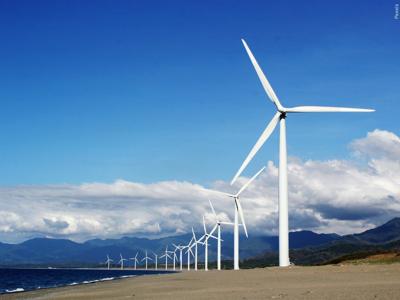MARYLAND- Several Senate leaders are raising new concerns about Maryland’s support for the US Wind offshore wind project after Attorney General Anthony Brown responded to their recent inquiry with what they described as an incomplete explanation of the state’s role. The exchange comes as debate continues over the economic, environmental, and energy impacts of offshore wind development along Maryland’s coast.
In a letter delivered November 13, Senate Minority Leader Steve Hershey, Senate Minority Whip Justin Ready, and Senator Mary Beth Carozza questioned why the Attorney General’s office is using public resources to back US Wind in ongoing federal litigation. They argued that the company stands to benefit from state-mandated Offshore Renewable Energy Credits paid for by ratepayers.
The lawmakers wrote that they are concerned the project could increase electricity costs, strain local economies, and result in fewer long-term jobs than promised. They cited public records and US Wind filings as the basis for their criticism, stating that the project could add about $155 per year to the average household’s utility bills and create only 117 permanent maintenance jobs statewide. They also stated that visible turbines could impact tourism and commercial fishing along Maryland’s coast.
In their letter, the lawmakers asked Brown to justify the state’s involvement, outline the financial impact on taxpayers, and explain whether his office assessed the project’s broader effect on Maryland communities.
Brown responded on November 14, directing the senators to the state’s amicus brief filed October 29 in the federal case Mayor and City Council of Ocean City v. United States Department of the Interior. He said the state’s economic and policy interests are already “fully set forth” in that filing.
According to the response letter, the brief outlines several projected benefits of the offshore wind project, including more than $6 billion in economic activity, 1,710 megawatts of energy generation, and over 13,000 in-state jobs over the project’s lifetime. Brown also noted that the state incurred no filing fees for the brief because the federal court’s electronic system does not charge for amicus submissions.
Maryland leaders said Brown’s reply did not address their core questions about costs, ratepayer impact, or the use of public resources. In their press release, they called the response “evasive and unacceptable” and argued that Marylanders deserve more transparency from the state’s top legal office.
US Wind’s proposed project remains one of the region’s largest offshore wind efforts, drawing strong support from those who say it will expand clean energy and workforce opportunities, while also facing sustained skepticism from lawmakers and locals worried about economic and environmental impacts.







